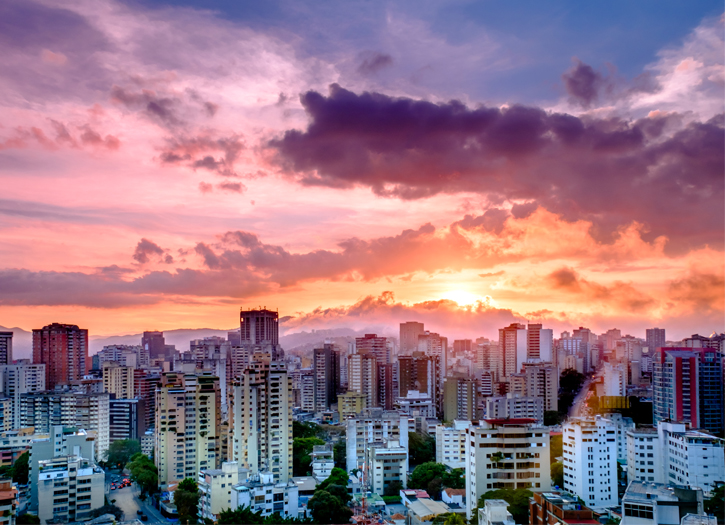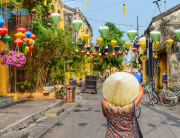The COVID-19 pandemic in Venezuela is part of the worldwide pandemic of coronavirus disease 2019 (COVID-19) caused by severe acute respiratory syndrome coronavirus 2 (SARS-CoV-2). The first two cases in Venezuela were confirmed on 13 March 2020; the first death was reported on 26 March. However, the first record of a patient claiming to have symptoms of coronavirus disease dates back to 29 February 2020, with government officials suspecting that the first person carrying the virus could have entered the country as early as 25 February.
Venezuela is particularly vulnerable to the wider effects of the pandemic because of its ongoing socioeconomic and political crisis causing massive shortages of food staples and basic necessities, including medical supplies. The mass emigration of Venezuelan doctors has also caused chronic staff shortages in hospitals.To prevent the spread of the disease into Venezuela, the governments of Brazil and Colombia temporarily closed their borders with Venezuela.The first cases, two on 13 March, were registered in the state of Miranda. Colombian president Iván Duque closed the border with Venezuela effective from the next day. On 14 March, the official number of cases rose by eight (to ten), and had spread across four states (Miranda, Apure, Aragua and Cojedes).
Stay-at-home orders were announced on 15 March, when the country registered another seven cases, and introduced the next day across six states and the Caracas area. The orders were dubbed “collective quarantine”; there are exceptions for transportation, health, and delivery of food. It was on the first day of the quarantine across six states, 16 March, that Argentina’s ambassador in Venezuela, Eduardo Porretti, tested positive for the virus, and Nicolás Maduro announced that sixteen new cases were confirmed, bringing the total to 33. Based on this, Maduro extended the quarantine to the entire country.
As of 9 June the Venezuelan government had reduced re-emigrations to 400 per day, three days a week, a reduction of 80% from previous levels.The state of alarm was extended a third time for an additional month on 12 June.Opposition and health care workers in Maracaibo announced on the fourth week of June that hospitals in the city were filled and dozens of doctors and nursed were infected.William Barrientos, a surgeon and opposition legislator, said that 40 health workers were infected with the virus. A nurse died in the Maracaibo Military Hospital. The authorities enabled 20 small and midsized hotels in Maracaibo to treat patients. Measures were increased in Zulia, Caracas and eight other states.
On 20 March, Maduro said that Russia was considering “a significant donation of special humanitarian aid” to the country, such as medical equipment and kits for the diagnosis of COVID-19, which was expected to arrive by the following week. On 23 March, Foreign Minister Jorge Arreaza and Russian ambassador Sergei Melik-Bagdasarov announced that 10,000 diagnosis kits had been delivered from Russia, with more to be supplied in future shipments. In a tweet, Maduro thanked the Russian government and President Vladimir Putin for their generosity and for standing in solidarity with the Venezuelan people.
National Assembly deputy Jesús Yánez announced that the government of Taiwan donated 1,000 surgical masks as a measure to prevent the coronavirus pandemic. The masks were distributed in five stations of the Caracas Metro (Plaza Sucre, Pérez Bonalde, Plaza Venezuela, Chacao and Petare). Yánez highlighted that the metro is a means of transportation used by a large part of the population and is a breeding ground for the pandemic due to the crowding of people in closed spaces, should any one of them be carrying the virus.Guaidó’s Special Health Commission collected 3,500 protection kits for caregivers at five hospitals on 16 March.
The Health Ministry certified the microbiology laboratory of the University of the Andes, in Mérida state, to start carrying out tests to detect the presence of SARS-CoV-2, the coronavirus responsible for the COVID-19 disease, on 18 March. Once the necessary supplies are received, the laboratory will be able to perform up to 20 tests per day and would be the second laboratory in the country to perform detection tests after the National Hygiene Institute in Caracas







Add Comment